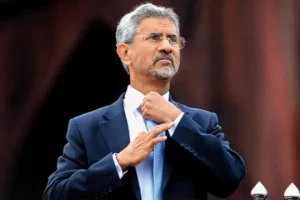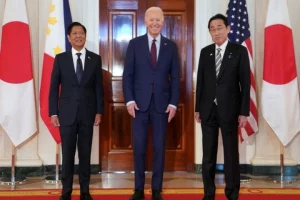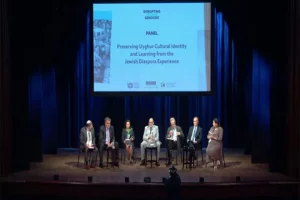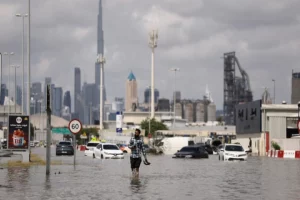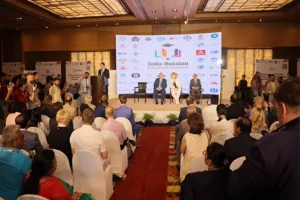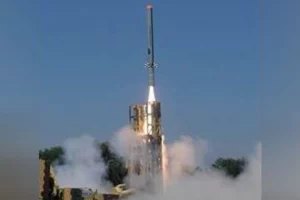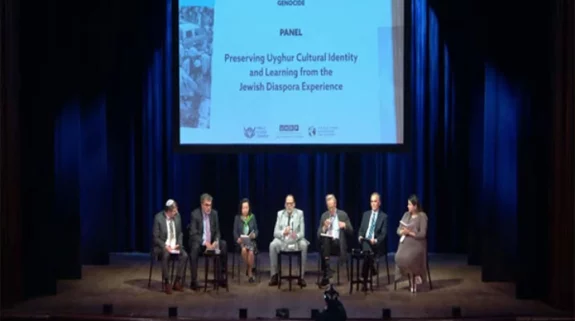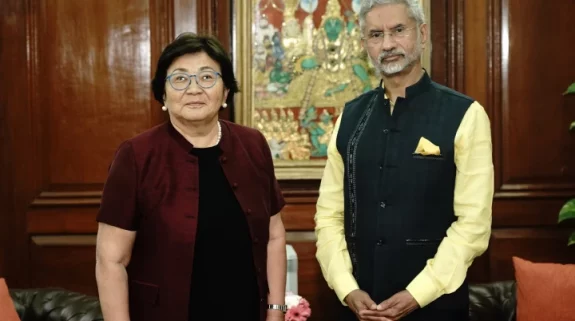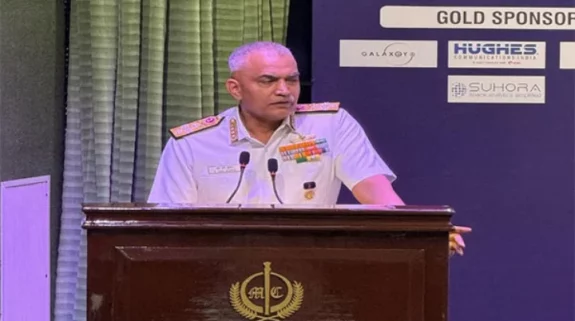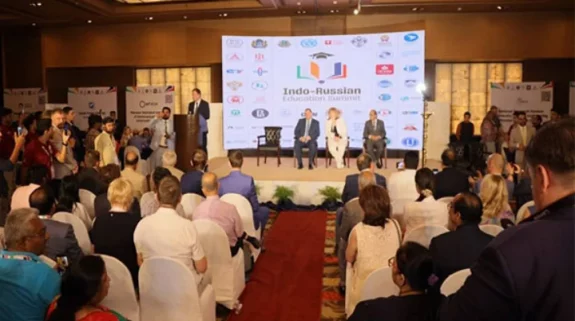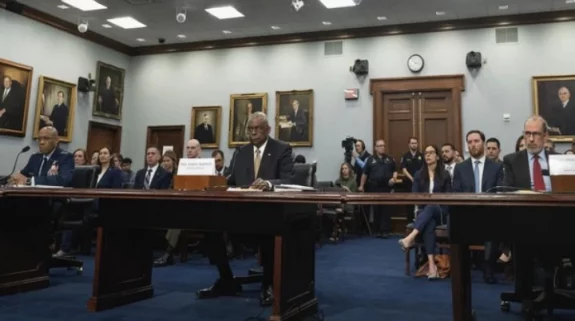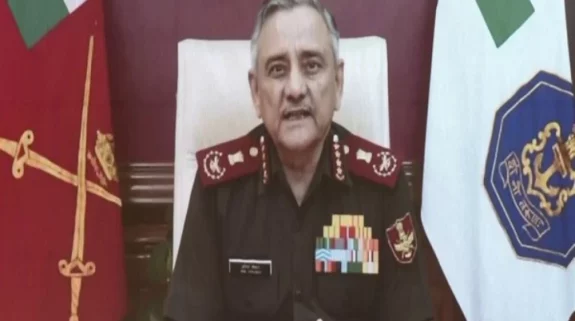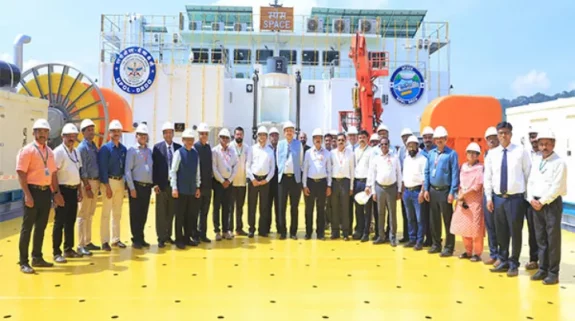Prime Minister Narendra Modi is stepping on the gas to speed up the production and distribution of the Covid-19 vaccine by visiting the Serum Institute of India (SII) on Saturday.
Modi’s stock-taking visit will precede the arrival of ambassadors and high commissioners of various countries at SII, Pune on December 4—a signal that the vaccine could have a global footprint. SII says that if the regulators green-light the vaccine soon, production and distribution will start as early January 2021.
<blockquote class="twitter-tweet">
<p dir="ltr" lang="en">As India enters a decisive phase of the fight against COVID-19, PM <a href="https://twitter.com/narendramodi?ref_src=twsrc%5Etfw">@narendramodi</a>’s visit to these facilities & discussions with the scientists will help him get a first hand perspective of the preparations, challenges & roadmap in India’s endeavour to vaccinate its citizens.</p>
— PMO India (@PMOIndia) <a href="https://twitter.com/PMOIndia/status/1332263149483900936?ref_src=twsrc%5Etfw">November 27, 2020</a></blockquote>
<script async src="https://platform.twitter.com/widgets.js" charset="utf-8"></script>
Earlier this week Swedish-British company, AstraZeneca and Oxford University have reported that its coronavirus vaccine, AZD1222 has 70 per cent potency in late-stage clinical trials. The announcement brings hope for its Indian-manufacturer SII, which is currently conducting a third clinical trial in India.
Although the government has not yet announced any MoU or official signing with SII, Modi’s visit signals that New Delhi is favorably inclined to try out product branded as Covidshield.
<blockquote class="twitter-tweet">
<p dir="ltr" lang="en">Astrazeneca's vaccine can be upto 90% effective. In an exclusive conversation with <a href="https://twitter.com/hashtag/CNBCTV18?src=hash&ref_src=twsrc%5Etfw">#CNBCTV18</a> Adar Poonawalla, CEO, Serum Institute which is the vaccine partner in India says that UK approval is expected in a few weeks & aims at limited use in India by year-end <a href="https://t.co/qvIfSUvG43">pic.twitter.com/qvIfSUvG43</a></p>
— CNBC-TV18 (@CNBCTV18News) <a href="https://twitter.com/CNBCTV18News/status/1331068781297160198?ref_src=twsrc%5Etfw">November 24, 2020</a></blockquote>
<script async src="https://platform.twitter.com/widgets.js" charset="utf-8"></script>
Adar Poonawalla, Chief Executive Officer, SII said in an interview with Bloomberg that, “If final-stage trial data show that AstraZeneca’s vaccine candidate is giving effective protection from the virus, the Serum Institute of India — which is partnered to produce at least one billion doses — may get emergency authorization from New Delhi by December.”
Two other vaccines—one by Pfizer, which has partnered with Germany’s Biotech, and US biotech firm Moderna, are also in the fray. But analysts say that these two vaccines in the making may have a problem as they need to be stored in a requires -70-degree Celsius facility. However, under the National Immunisation Programme, most of the vaccines are stored under 2-8 degrees Celsius. Oxford-AstraZeneca vaccines can be stored at -2 to -8 degree Celsius.
<blockquote class="twitter-tweet">
<p dir="ltr" lang="en">Today marks an important milestone in the fight against <a href="https://twitter.com/hashtag/COVID19?src=hash&ref_src=twsrc%5Etfw">#COVID19</a>. Interim data show the <a href="https://twitter.com/hashtag/OxfordVaccine?src=hash&ref_src=twsrc%5Etfw">#OxfordVaccine</a> is 70.4% effective, & tests on two dose regimens show that it could be 90%, moving us one step closer to supplying it at low cost around the world>> <a href="https://t.co/fnHnKSqftT">https://t.co/fnHnKSqftT</a> <a href="https://t.co/2KYXPxFNz1">pic.twitter.com/2KYXPxFNz1</a></p>
— University of Oxford (@UniofOxford) <a href="https://twitter.com/UniofOxford/status/1330769567409385474?ref_src=twsrc%5Etfw">November 23, 2020</a></blockquote>
<script async src="https://platform.twitter.com/widgets.js" charset="utf-8"></script>
Besides costs may be another factor discouraging mass production and usage. According to media reports, a single dose of both vaccines will cost something between Rs.1400-1500. But Poonawalla said at Hindustan Times summit said that both doses of Covishield will cost under Rs.1000.
Availability may be another inhibiting factor. Most developed countries have pre-booked with Pfizer and Moderna. Earlier, Union Health Minister Harsh Vardhan categorically said in an interview with The Economic Times that d India may not need the Pfizer vaccine. “So, it does not make sense for other countries like India to consider it (Pfizer). We are in touch with everyone but we feel that we may not need Pfizer vaccine," Harsh Vardhan said.
Presently, 61 million Covid-19 cases have been reported across the globe all these cases are reported within a year. The United States has been the worst impacted, with more than 260,000 deaths and 12.6 million infections cases. India's current caseload of the Covid-19 stands at 9.3 million and 1,36,000 deaths.
https://indianarrative.com/india/pm-modi-to-review-covid-19-vaccine-development-on-saturday-30197.html.






